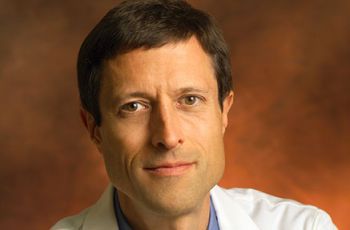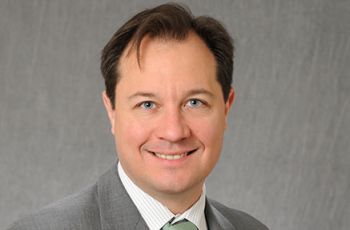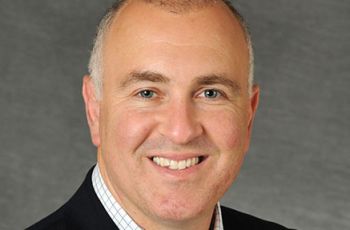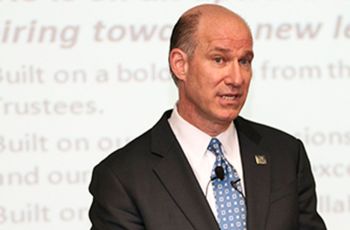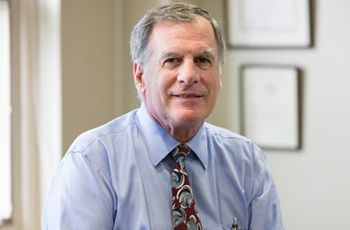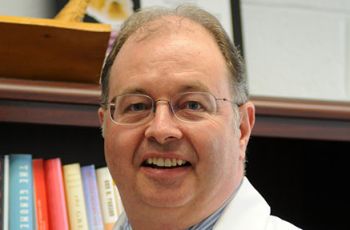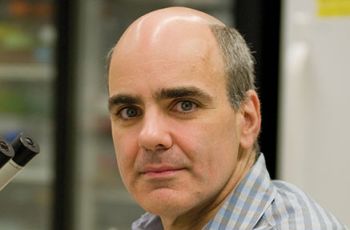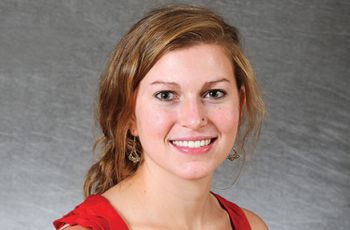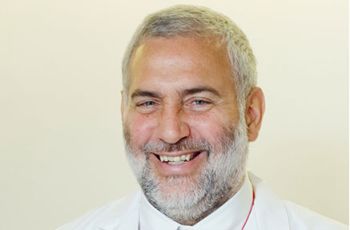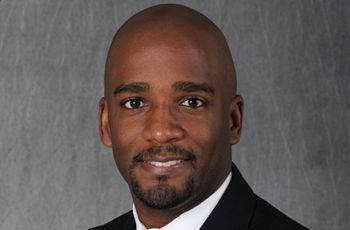News Archive
Neal Barnard, M.D., adjunct professor of medicine, was interviewed by Washingtonian's Well + Being on ways to keep your brain healthy and memory sharp.
Jesse Pines, M.D., associate professor of emergency medicine, was interviewed by Reuters on the harmful practice of sending ambulances to other hospitals when conditions are crowded. This story was also published in the Chicago Tribune.
Scott Shapiro, M.D., assistant professor of medicine, discussed the health risks posed by energy drinks on "The Kojo Nnamdi Show" on WAMU-FM (NPR).
Dr. Akman hosted a town hall to discuss his priorities as the new vice president for health affairs and dean, addressing the school’s efforts around scholarships, research, diversity and philanthropy.
Gary Simon, M.D., professor of medicine, was interviewed by CNN on a new strain of norovirus currently hitting the U.S. This interview was also broadcast on WITI (Fox), Milwaukee, WIVB (CBS), Buffalo, N.Y., and KUSI, San Diego.
A study led by Robert G. Hawley, Ph.D., professor and chair of the department of anatomy and regenerative biology at the George Washington University School of Medicine and Health Sciences, may help predict which patients with multiple myeloma will respond better to certain treatments.
Anthony-Samuel LaMantia, Ph.D., professor of pharmacology and physiology, was interviewed by Medill News Service about his recently published research in the Proceedings of the National Academy of Sciences on a genetic developmental disorder that causes behavioral diseases such as autism.
Ask medical students what is most important to them and you get similar responses— support for their education and overall well-being. That’s certainly the case for Amy Waldner, a third-year medical student at the George Washington University (GW) School of Medicine and Health Sciences (SMHS),…
Kevin Cleary, Ph.D., professor of radiology, and Peter Kim, Ph.D., professor of surgery, appeared on FOX News Sunday on using 3D printing to help surgeons prep for surgery and even create custom medical devices.
Gary Little, M.D., assistant professor of emergency medicine, urged inaugural crowds to stay warm and stay hydrated on WUSA 9. He was also interviewed by the Washington Examiner on dressing warmly.
